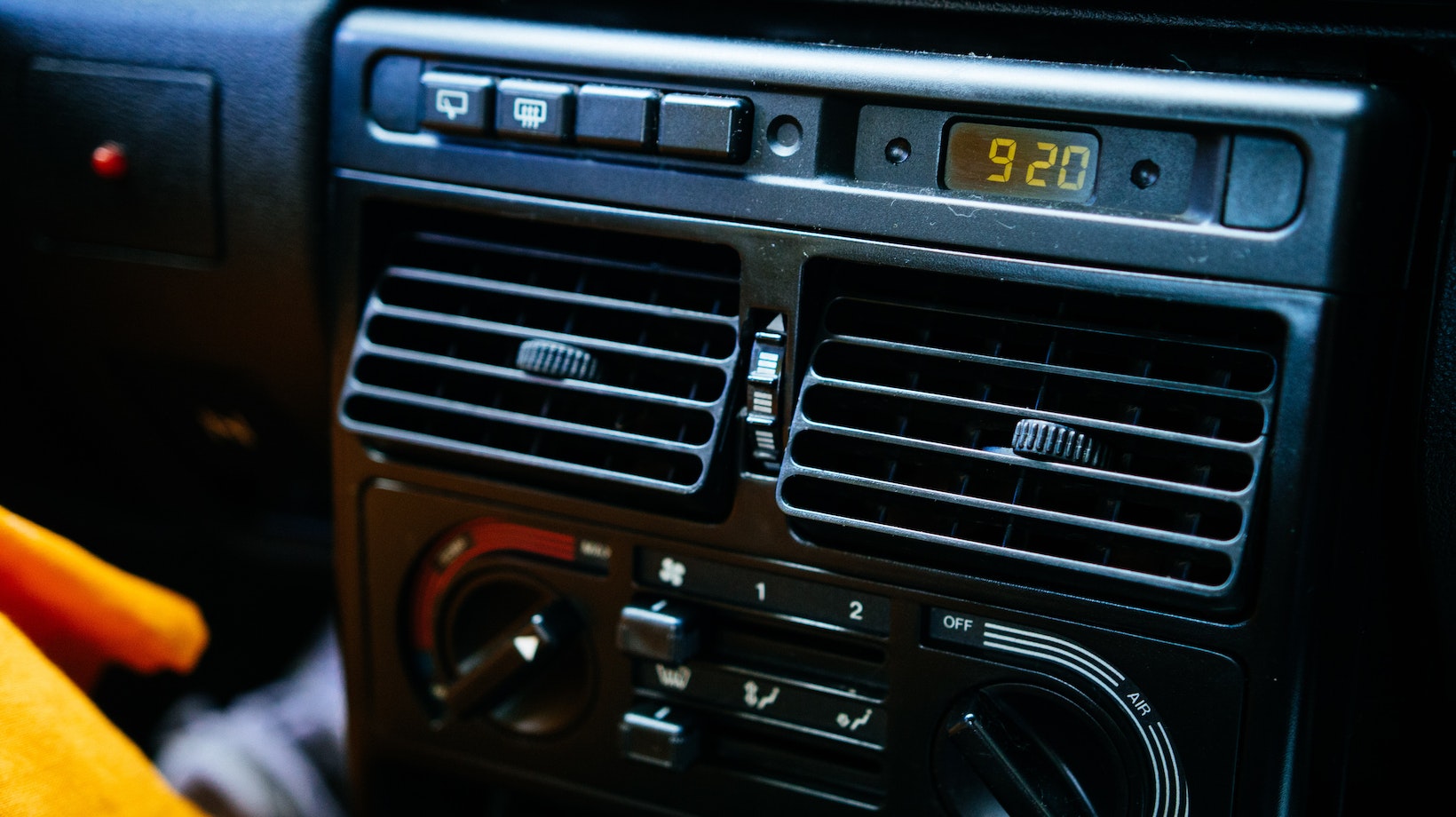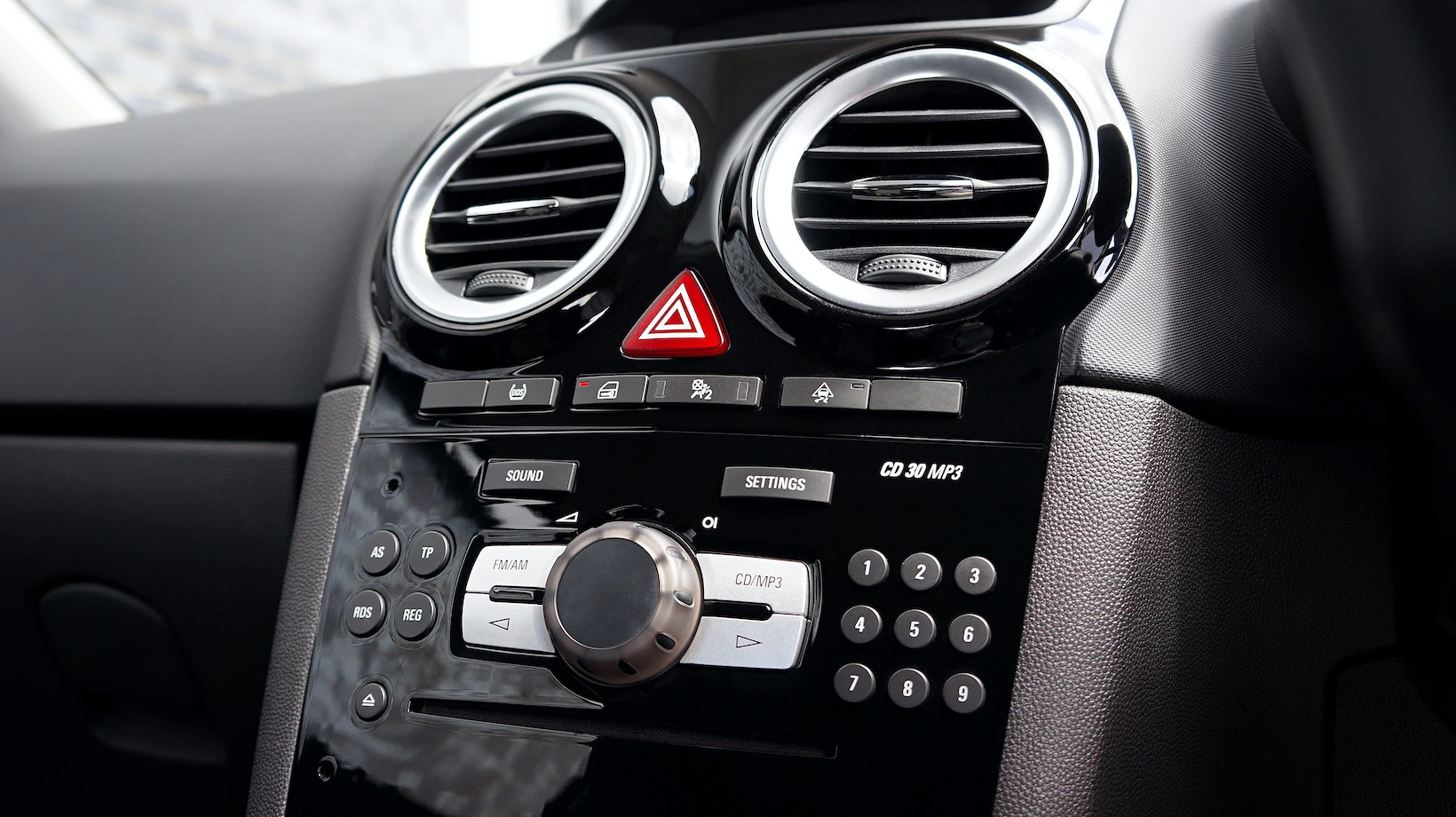Car Air Conditioning Repair Cost
- Refrigerant leaks: Leaking refrigerant is a frequent issue that can occur due to worn-out seals or damaged components. Finding and fixing these leaks can be time-consuming and may involve replacing parts, resulting in higher repair costs.
- Compressor failure: The compressor is an essential component responsible for circulating refrigerant throughout the system. If it fails, repairing or replacing it can be quite expensive.
- Electrical malfunctions: Faulty electrical connections or wiring problems can disrupt the proper functioning of your car’s AC system. Diagnosing and rectifying these issues requires expertise and specialized equipment.
The severity of these common problems will impact the overall cost of repairing your car’s air conditioning system.
The Impact Of Age On Car Air Conditioning Repair Cost
Another crucial factor influencing the cost of car air conditioning repairs is the age of your vehicle. Older cars tend to have more wear and tear on their AC systems, making them more prone to breakdowns. As a result, repairing or replacing components in older vehicles may require additional labor and parts compared to newer models.
Moreover, sourcing replacement parts for older vehicles can sometimes be challenging, leading to increased expenses for repairs. It is essential to consider the age of your vehicle when estimating potential repair costs.
How Regular Maintenance Can Reduce Car Air Conditioning Repair Expenses
Regular maintenance plays a vital role in keeping your car’s air conditioning system running smoothly while potentially reducing future repair expenses. By scheduling routine inspections with qualified technicians, you can identify minor issues before they escalate into major problems.
During these maintenance visits, technicians will check the refrigerant levels, inspect and clean various components, and ensure that the system is functioning optimally. By keeping your car’s AC system in good condition, you can minimize the risk of costly breakdowns and prolong its lifespan.
In conclusion, several factors contribute to the cost of repairing a car’s air conditioning system. Common issues within the system, such as refrigerant leaks or compressor failure, can significantly impact repair costs. The age of your vehicle also plays a role in determining expenses since older cars may require more extensive repairs. However, by prioritizing regular maintenance and addressing minor issues promptly, you can potentially reduce overall repair expenses while ensuring optimal performance of your car’s air conditioning system.

Cost Of Replacing Ac Components
- Compressor: The compressor is responsible for compressing and circulating the refrigerant throughout the AC system. If your compressor fails, it may need to be replaced, which can be quite expensive. On average, the cost of replacing a compressor ranges from $500 to $1000.
- Condenser: The condenser is located at the front of your vehicle and helps dissipate heat from the refrigerant. If it gets damaged or starts leaking, it will need to be replaced. The cost of a new condenser typically falls between $300 and $700.
- Evaporator: The evaporator is responsible for cooling down the air inside your car by absorbing heat from it. If it becomes clogged or develops leaks, it may require replacement. Replacing an evaporator can cost anywhere from $400 to $900.
- Expansion Valve: The expansion valve regulates the flow of refrigerant into the evaporator coil for optimal cooling efficiency. If it malfunctions, you might experience issues with temperature control in your car’s cabin. Depending on your vehicle make and model, replacing an expansion valve can range from $200 to $500.
- Receiver-Drier/Accumulator: This component filters out moisture and debris from the refrigerant before it enters other parts of the AC system. Over time, it can become saturated with contaminants or fail altogether, requiring replacement. The cost for a new receiver-drier or accumulator generally ranges from $100 to $300.
It’s important to note that these prices are approximate and can vary depending on factors such as the make and model of your vehicle, labor costs, and location. Additionally, these costs reflect the component price only and do not include any additional fees or charges for diagnosis, refrigerant recharge, or other services.
When faced with a potential AC component replacement, it’s advisable to consult with a reputable auto repair shop to get an accurate estimate tailored to your specific situation. They will be able to assess the condition of your AC system, identify faulty components, and provide you with an upfront cost breakdown before proceeding with any repairs.







































